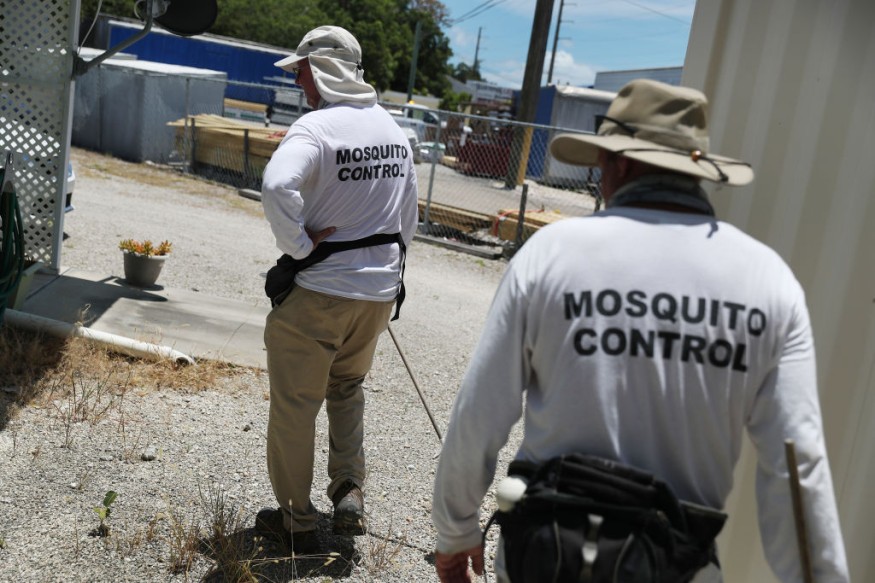Florida Residents Furious at Plan to Release Millions of Genetically Altered Mosquitoes

The plan of releasing millions of genetically altered mosquitoes into a community in Florida by a biotech company prompted outrage from residents.
Based on the projection of Oxitec, which is a British biotech company, the launching of their pilot project to fight disease-transmitting mosquitoes is projected on April 26 in the Florida Keys area.
According to the Independent, the British biotech company stated that the project would determine whether the altered mosquitoes will work. They altered these mosquitoes to eradicate the disease-carrying mosquito, Aedes aegypti, one of several mosquito species that could spread diseases such as dengue, chikungunya, Zika, and yellow fever.
Moreover, the company noted that these genetically engineered non-biting male mosquitoes would be released from specifically placed boxes and mate with local biting female mosquitoes.
After that, the female offspring cannot survive, which means it will cut the population of Aedes aegypti and will eventually be controlled.
Public Protest Against the Experiment
However, the Florida Keys residents are protesting against the project of the Biotech company, emphasizing they have been bullied into participating in the experiment that deems "not safe."
Meagan Hull, a resident of Islamorada, shared during a tense town council meeting in March that she finds the project a criminal act, pointing out that they have been bullied into this experiment. She added that they were subjected to terrorism by their own Florida Keys Mosquito Control Board, Futurism reported.
Hull also told Futurism that they have everything to risk and nothing to gain, and "it's all for Oxitec's bottom line."
She said she was unhappy because there was "no third-party independent reviewed science," "safety studies" or an "environmental impact study".
Critics have also raised concern that the genetically engineered mosquitoes could possibly create an imbalance in nature, and the wild population could create genetic hybrids. But Oxitec stated that the trial would not alter the wider mosquito population.
Another Islamorada resident reportedly said that they tried to be on the positive side ahead of the project's start date, but the more questions they asked, the more they got no answers.
On its website, Oxitec noted that the public support in areas where they establish their project remains high. The company further stated that they also ensured that they have full approval of all the regulatory bodies to go ahead with the experiment.
With the Environmental Protection Agency (EPA) cooperation and local governments, Oxitec is planning to release 500 million mosquitoes. Scientists said each of these mosquitoes had been inserted with a gene called "OX5034."
The EPA approved only approved the company's plan last May after a years-long process. Oxitec was given an Experimental Use Permit (EUP), a special authorization that permits companies to field test new pesticides, The Telegraph reported.
WATCH: Why Are Scientists Genetically Modifying Mosquitoes? - From The Print
Subscribe to Latin Post!
Sign up for our free newsletter for the Latest coverage!

















